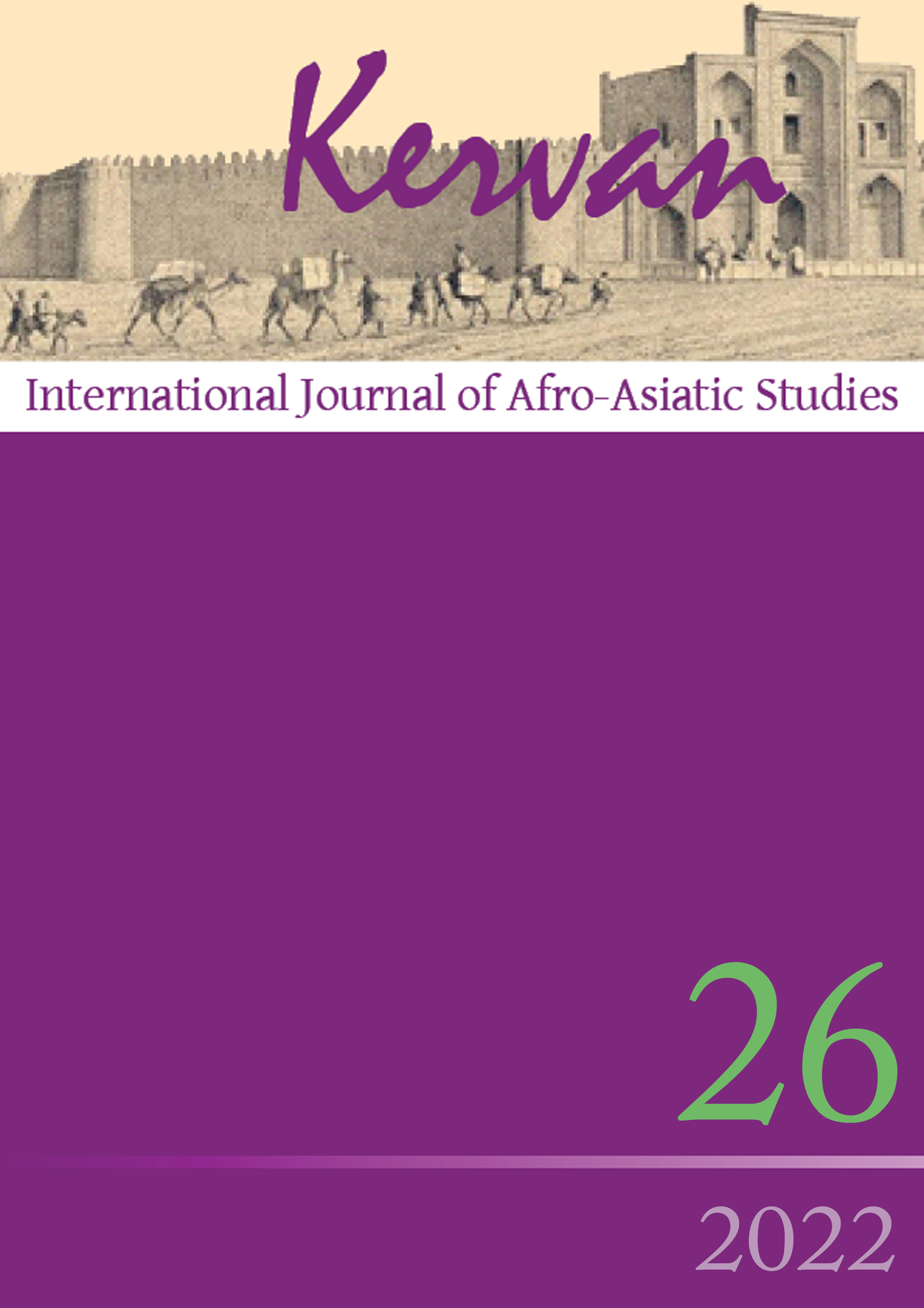Untying the Grotian Knot: How Tanaka Kōtarō’s Christian approach to international law disentangled the moral quandary of the South West Africa Cases
DOI:
https://doi.org/10.13135/1825-263X/6887Abstract
The South West Africa Cases presented the International Court of Justice (ICJ) with a seemingly intractable problem. The Petitioners in the Cases, Ethiopia and Liberia, alleged that the Respondent, the Union of South Africa, was failing to abide by the Mandate System under which South Africa had come into possession of the former German territory of South West Africa (today, Namibia). South Africa, however, argued that the way in which the mandate was governed was essentially no concern of other states. This argument presented a serious, and seemingly unresolvable, problem for the ICJ. South Africa displayed flagrant disregard for human dignity in planning and enforcing a system of racial segregation, apartheid, which relegated millions of people to lower social strata. However, the secularized international law paradigm on which the ICJ relied had no way to counter South Africa’s arguments. While it was clear that South Africa was acting unjustly, the deracinated natural law system of Hugo de Grotius (1583-1645) on which international law was premised had no way to untie this Grotian knot and permit of more substantive legal arguments on the grounds of the dignity of the human person or human rights. Procedure, in other words, trumped morality. The case seemed stuck. However, ICJ jurist Tanaka Kōtarō (1890-1974), a practicing Catholic, deployed strongly metaphysical—that is, Christian—natural law reasoning in his dissenting South West Africa Cases judgment to untie the Grotian knot and solve the moral dilemma of apartheid within an international law framework. In this paper, I examine Tanaka’s rulings (in particular his now-classic 1966 dissent) and show that his application of Catholic natural law in the South West Africa Cases not only solved the problem at hand, but also allowed for a much more robust vision of the moral law to prevail in international relations in the future.
Downloads
Downloads
Published
Issue
Section
License
Gli autori che pubblicano su Kervan accettano le seguenti condizioni:
- Gli autori mantengono i diritti sulla loro opera e cedono alla rivista il diritto di prima pubblicazione dell'opera, contemporaneamente licenziata sotto una Licenza Creative Commons - Attribuzione che permette ad altri di condividere l'opera indicando la paternità intellettuale e la prima pubblicazione su questa rivista.
- Gli autori possono aderire ad altri accordi di licenza non esclusiva per la distribuzione della versione dell'opera pubblicata (es. depositarla in un archivio istituzionale o pubblicarla in una monografia), a patto di indicare che la prima pubblicazione è avvenuta su questa rivista.


 The articles that have appeared on Kervan since 2016 are rated as Class A in the system of National Scientific Qualification (ASN, disciplines 10/N1 and 10/N3).
The articles that have appeared on Kervan since 2016 are rated as Class A in the system of National Scientific Qualification (ASN, disciplines 10/N1 and 10/N3). The journal has been approved for inclusion in DOAJ. The DOAJ listing of the journal is available at
The journal has been approved for inclusion in DOAJ. The DOAJ listing of the journal is available at  The journal has been approved for inclusion in ERIH PLUS. The ERIH PLUS listing of the journal is available at
The journal has been approved for inclusion in ERIH PLUS. The ERIH PLUS listing of the journal is available at  Kervan was just accepted for indexing in SCOPUS. This important milestone ensures that articles published in Kervan are easily found when searching for library, archives and Information science and it enables Kervan authors to keep track of how often their article has been cited by others.
Kervan was just accepted for indexing in SCOPUS. This important milestone ensures that articles published in Kervan are easily found when searching for library, archives and Information science and it enables Kervan authors to keep track of how often their article has been cited by others.

